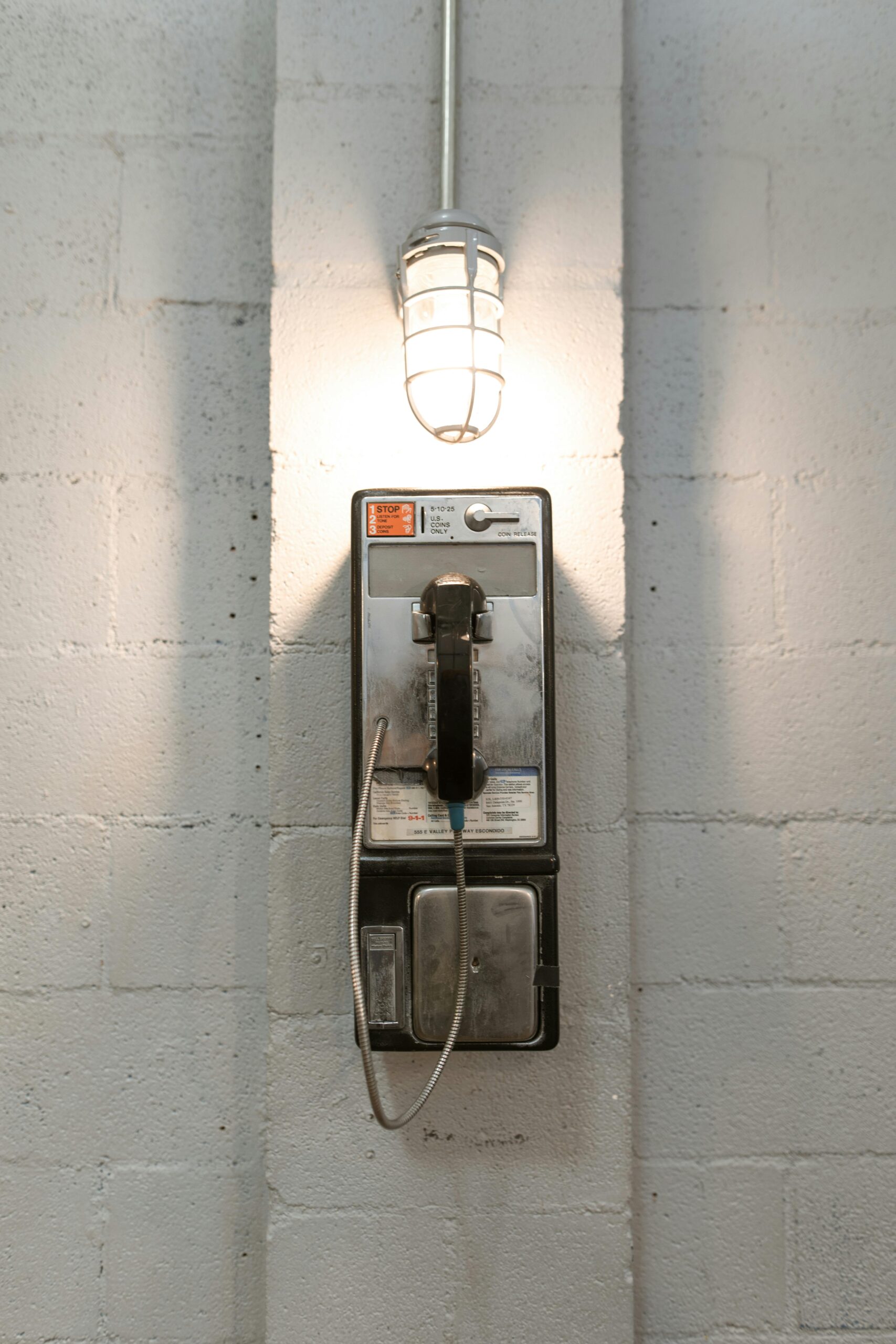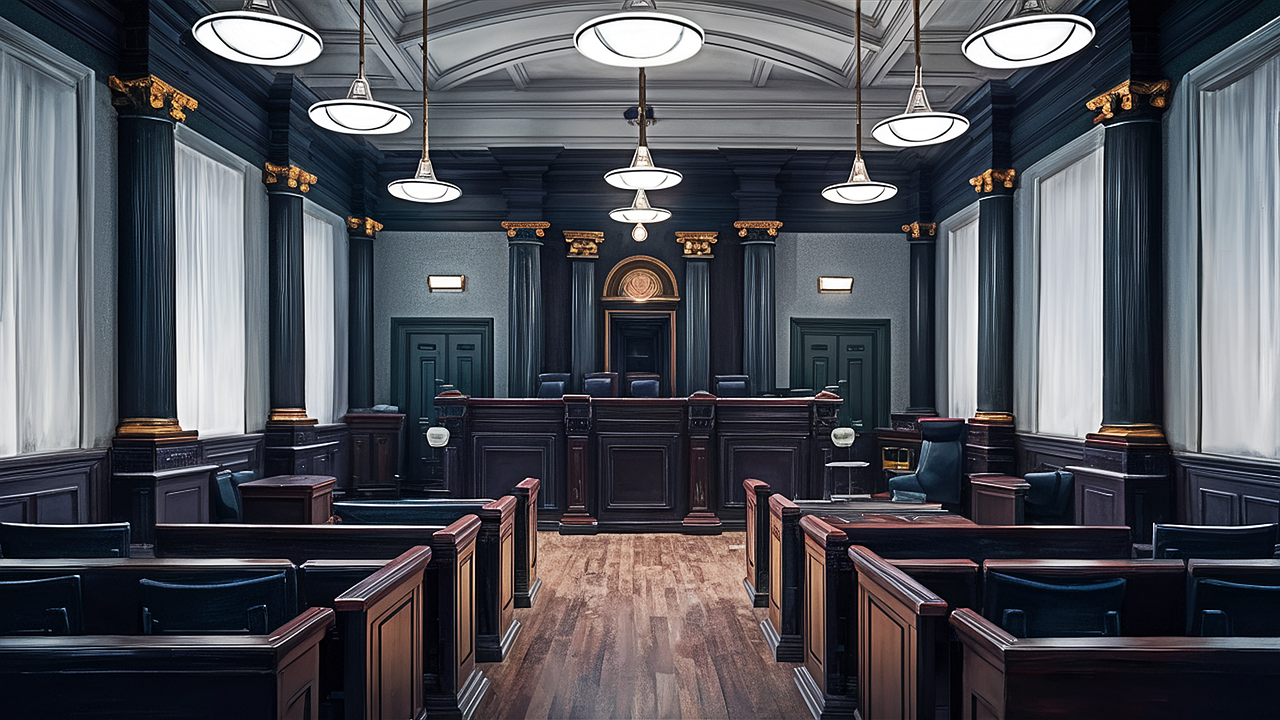How to Defend Against Unsafe Firearm Storage Charges in Canada
Firearms offences in Canada are treated with the utmost seriousness, and in Vancouver, prosecutors pursue these charges aggressively. While some cases involve allegations of trafficking or use of a weapon in a crime, many people are surprised to learn how often possession and unsafe storage charges come out of otherwise ordinary situations.
Whether you’re new to Canada or a lifelong resident, it is crucial to be aware that you can face criminal prosecution if your weapon is not stored or transported in compliance with federal guidelines. What often occurs as a simple mistake or misunderstanding can have severe, life-altering consequences, including a permanent criminal record, fines, probation, and even jail time. They can also lead to restrictions on your right to own firearms in the future.
If you are facing a firearms-related charge in Vancouver, it is crucial to consult an experienced firearms and weapons offences lawyer as soon as possible to defend your rights and ensure your voice is heard when it matters most. Mo Vayeghan and his team of experienced criminal defence lawyers are here to protect your freedom when it matters most and is proud to be one of British Columbia’s most trusted criminal defence lawyers.
Learn more about unsafe storage charges below.
Understanding Unsafe Storage Charges
Under Canadian law, gun owners must follow very specific rules for storing, transporting, and displaying firearms. These rules differ depending on whether the firearm is non-restricted, restricted, or prohibited.
Common examples of unsafe storage charges include:
-
Leaving a firearm unlocked or accessible in a home.
-
Transporting a firearm without proper locking or casing.
-
Failing to use trigger locks or secure cabinets.
-
Storing ammunition in close proximity to an unsecured firearm.
Even if there was no malicious intent and it is a first-time offence, police and Crown prosecutors often pursue these charges vigorously.
If you have been accused of unsafely storing or transporting a weapon, the time to act is NOW.
How a Defence Lawyer Can Help
As a former crown prosecutor and experienced defence attorney, Mr. Vaygehan knows that unsafe storage charges can often arise from simple mistakes or misunderstandings. He also knows that no two cases are the same, and the best defence is one that factors in the unique details of each situation. Mr. Vayeghan offers highly successful tailored defence strategies and employs measures such as:
-
Arguing that the firearm was stored securely (where applicable)
-
Challenging whether the police searched your vehicle, home, or property lawfully.
-
Highlighting gaps in the Crown’s evidence.
-
Negotiating for reduced penalties or alternative resolutions.
Mr. Vayeghan’s goal is to protect your rights and prevent long-term consequences that can follow from even a minor conviction. He believes that everyone deserves the right to be heard, and to obtain the best possible outcome to protect their rights and freedom.
Top 3 Tips to Avoid Unsafe Storage Charges
The reality is, many people charged with firearms offences never expect to be in that position. Awareness is the ultimate defence against unfortunate outcomes. Below are practical steps all gun owners can take to reduce the risk.
1. Always Transport Properly
When transporting a firearm, always make sure it is unloaded and securely locked in a case. Restricted and prohibited firearms must be transported with trigger locks in place and in accordance with an Authorization to Transport (ATT) where required.Remember: cutting corners while “running a quick errand” or forgetting to follow set protocols is rarely seen as a valid legal defence by the courts, and can still result in charges or a conviction
2. Be Mindful of Where You Store
Firearms must always be stored in a location that prevents unauthorized access. That means locked cabinets, safes, or secure containers designed for gun storage. Leaving a firearm in a closet, garage, or vehicle, even temporarily, can lead to allegations of unsafe storage. Always know where your guns are, and ensure that only yourself and authorized members of your household have access.
3. Secure Everything, Every Time
Ammunition should be stored separately or locked away, and firearms should always have a trigger lock or be secured inside a locked case.



